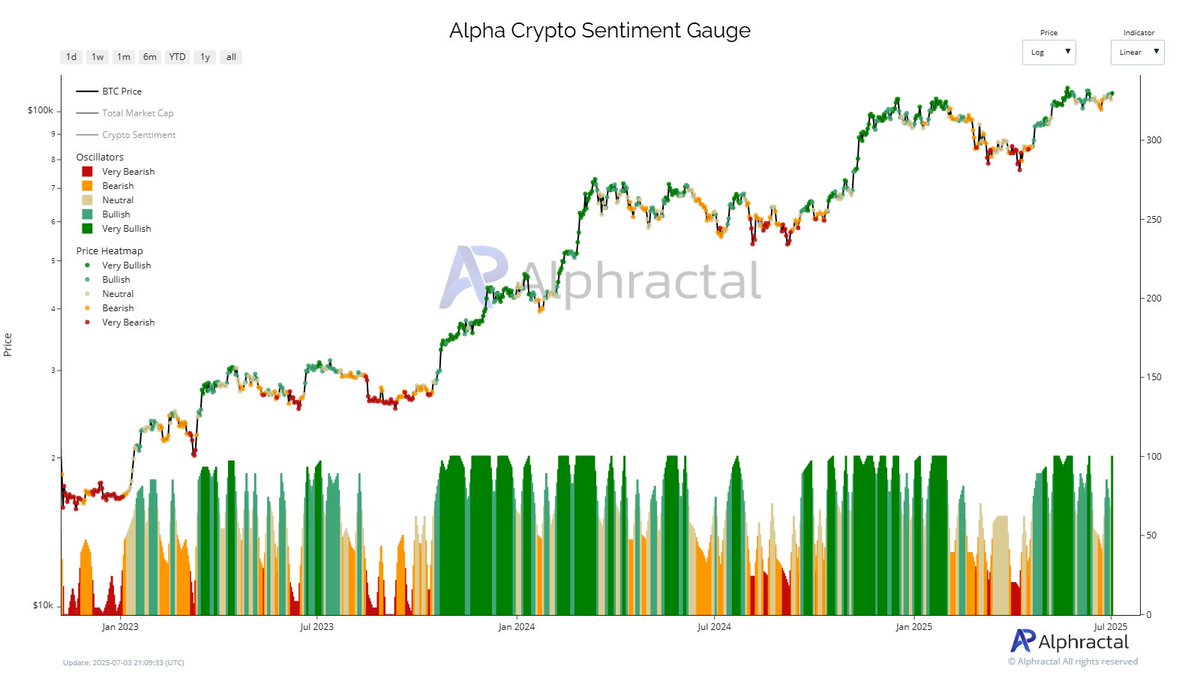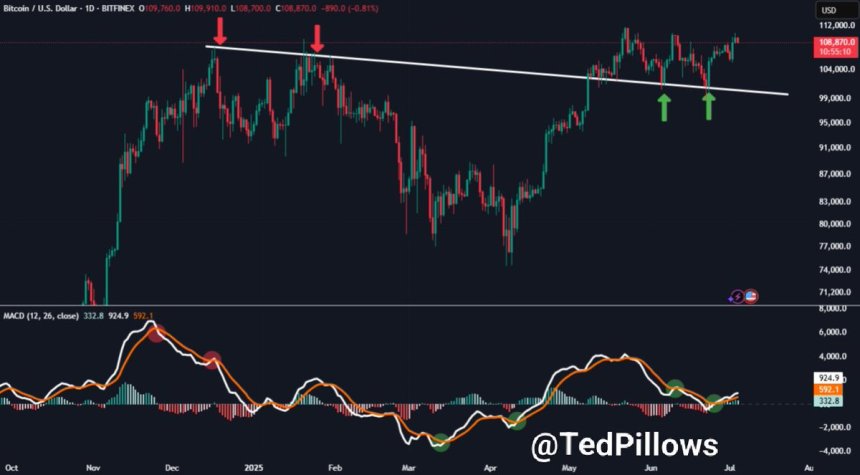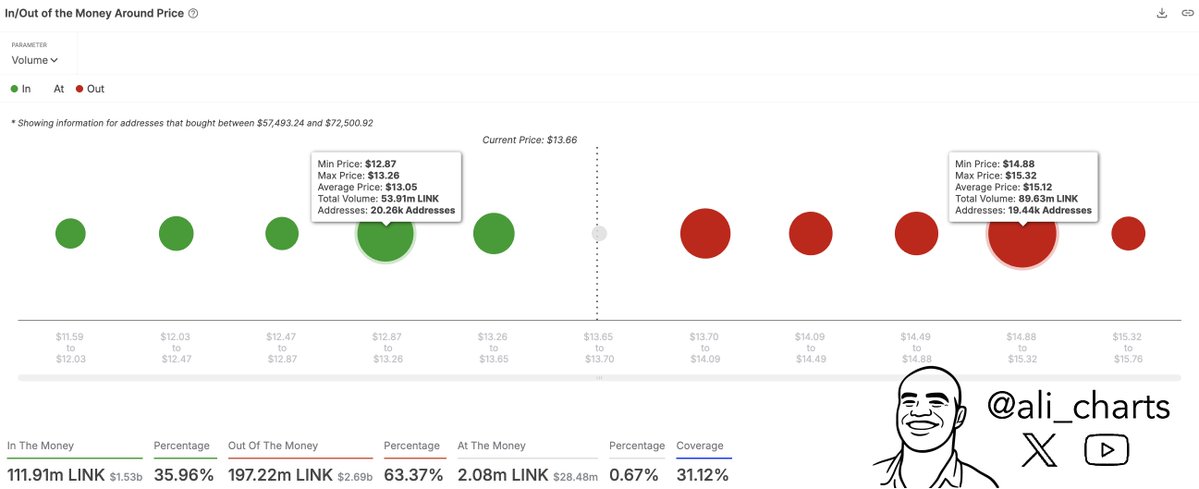
Integrating Crypto Payment Gateways into Every Business: All You Need to Know
Albeit emerging as a novelty in the financial market as a kind of digital money, cryptocurrencies as they progress, are gradually attracting interest from businesses of various verticals and horizontals. Crypto payment integration is not simply the latest buzz to boost business payment options; it’s effective as a business weapon to expand the scope of business clients, bear lesser cost on each payment, and keep up with the amorphous digital world market. That’s where businesses should consider and adopt a crypto payment gateway. From enhancing customer reach to reducing transaction costs and staying ahead in the drastically changing digital space, crypto-based gateways does everything and offer whatnot!
Expand Market Reach with a Global Audience
Cryptocurrencies are independent of geographical boundaries and are of course, truly decentralized. This allows businesses to expand their market reach with a global audience. In the case of traditional payment methods, cross-border transactions attract high charges, conversion charges, and longer times for processing transactions. By accepting cryptocurrencies, these hurdles are eliminated, and opportunities are opened to enable international customers to transact faster and affordably, which are likely to attract more people.
Lower Transaction Fees and Enhance Profit Margins
Conventional payment systems, such as credit cards, often impose rather high charges for transactions. In contrast, cryptocurrency payments can greatly decrease these costs as most associated crypto networks have inherently low fees for a transaction to be processed. For businesses, this can translate into increased profit margins and a more efficient payment system. Also, since decentralization is common in most cryptocurrency transactions, companies have quick settlements and they also are not charged obscure hidden fees.
Better Security and Lower Chargebacks Probability
Possibly, the most valuable advantage of accepting digital money is that it becomes safer. All cryptocurrency transactions are stored in blockchain technology and are nearly impossible to alter or delete since they are publicly known. This feature dramatically reduces the risk of fraudulent transactions and eliminates the possibility of chargebacks. Crypto is more secure compared to traditional payment methods, especially if the business is used to handling digital fraud schemes, and it can ensure better performance with less controversy and fuss.
Quick digest: According to Statista, the cryptocurrency market in India is projected to witness a significant growth in revenue, reaching a staggering amount of US$6.6bn by 2024. It is worth noting that when compared globally, the United States leads the pack with the highest revenue, expected to reach US$9,788.0m in 2024.
Attract Tech-Savvy and Forward-Thinking Customers
With cryptocurrencies becoming more prevalent, there appears an increasing tendency of the population to use them to make purchases. This is even so where the younger, tech-savvy generations are inclined to solutions that reflect innovation, digital and convenience. By providing businesses with the option to pay using crypto, they prove themselves as progressive. As a result, innovative businesses gain customers who value innovative business.
Faster Transactions and No Banking Hours
Cryptocurrencies are legitimate, and crypto transactions are instant, perhaps, and are around the clock, unlike the normal conventional banking hours. This is particularly beneficial for firms that engage in international transactions or are dealing with high transaction volumes. When accepting crypto payments, there is no waiting for the bank transfers or delays that are typically scheduled for the weekends, and as such, businesses receive their payments on time increasing the cash flow and operational efficiency.
Protect Against Inflation with Stablecoins
Cryptocurrencies such as Bitcoin and Ethereum have been described as highly volatile, but there are other cryptocurrencies such as USDC or USDT that are relatively stable as their value is pegged to fiat currencies, say the US dollar. Implementing stablecoins as an accepted payment can enable businesses to protect themselves from inflation more so in countries with volatile national currency. This not only serves as the means of reaching out to international customers, but it also acts as a security if the local economy turns South.
Future-Proof Your Business in a Growing Digital Economy
The integration of blockchain technology and cryptocurrencies is gradually creating momentum, top brands like PayPal, Microsoft, Tesla, and PayCircle support it. Thus, acting now to integrate a crypto payment gateway, any company builds a position as an innovative market player in an increasingly more digital economy. Staying updated on the advancements in DeFi, blockchain and of course, crypto, means being ready for anything and everything that will happen in the financial and technology world in the near future.
Enhanced Transparency and Customer Trust
Crypto payments are recorded on an immutable ledger, providing transparency for customers and businesses alike. When transactions are visible on the blockchain, customers can easily verify that payments were completed, adding an extra layer of trust. This transparency aligns well with consumers’ growing demand for ethical and transparent business practices, fostering a positive brand image.
Conclusion: It’s Time to Switch Your Payment Gateways to Crypto-Enabled!
When consumers and businesses embrace cryptocurrency, integrating to an online crypto payment gateway is a strategic investment. The acceptance of this cryptocurrency as a form of payment expands the company’s outreach, cuts costs on transactions, enhances security and places them in the forefront of industry change. The landscape has shifted and entering the new world of digital finance, accepting the crypto payment gateway is no longer a luxury, but a necessity for a business to survive.
If you are a small business or an international corporation, there is no better time than the present to start integrating cryptocurrency into your payment processing system and open up the numerous opportunities associated with it.
Disclaimer: This article is provided for informational purposes only and is not intended as investment advice. The content does not constitute a recommendation to buy, sell, or hold any securities or financial instruments. Readers should conduct their own research and consult with financial advisors before making investment decisions. The information presented may not be current and could become outdated.





